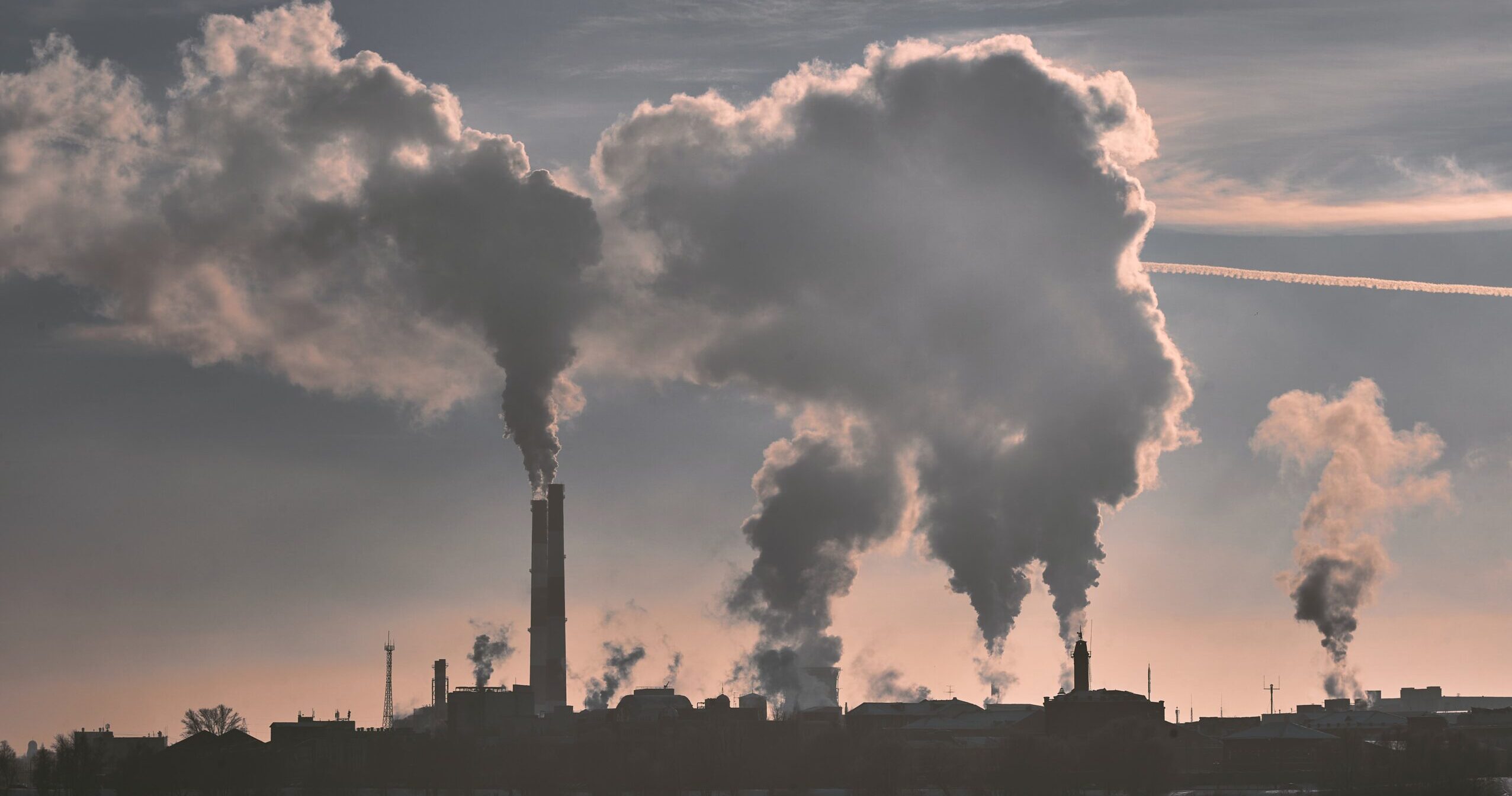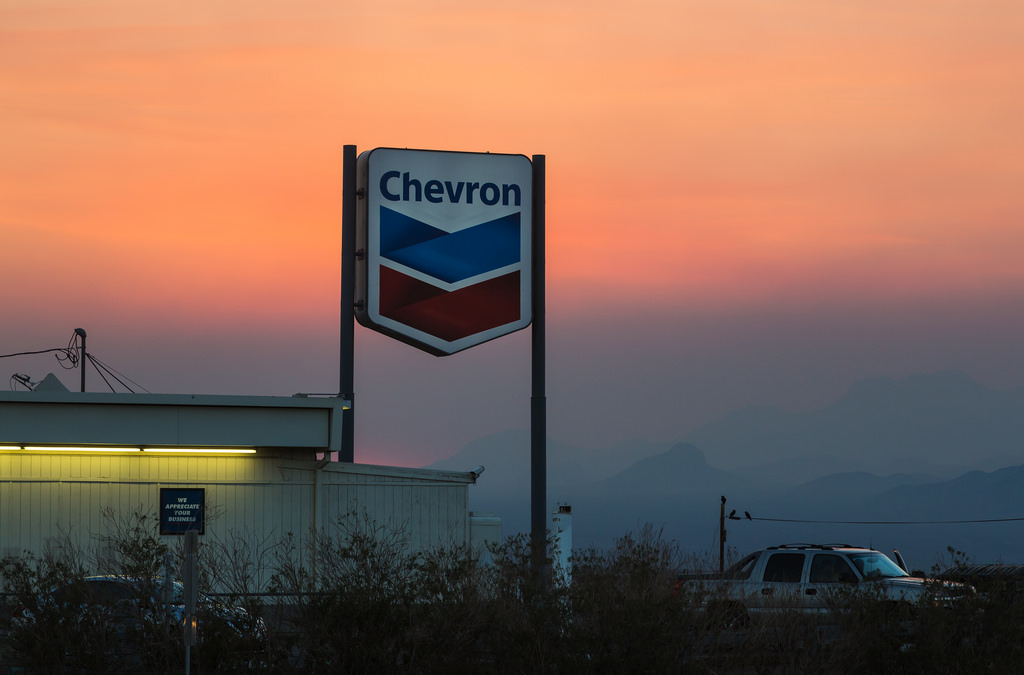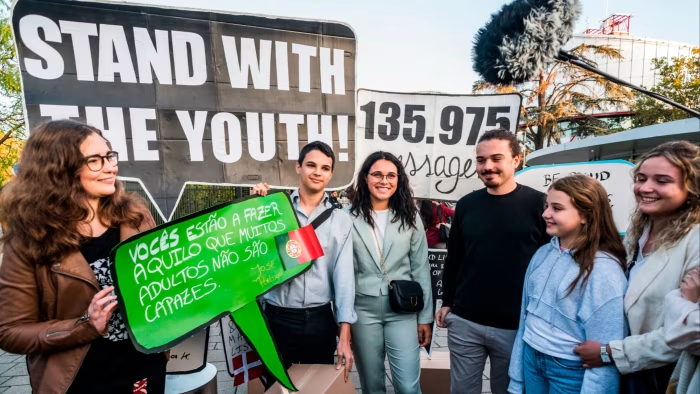In Japan, climate litigation (‘気候訴訟 / Kiko soshou) has been used to challenge the legality of the construction and operation of the coal-fired power plants and promote coal phase-out. The first climate case in Japan was filed in Sendai in 2017 (Sendai Citizens v. Sendai Power Station). Subsequently, two administrative cases were filed, one in Kobe in 2018 (Citizens’ Committee on the Kobe Coal-Fired Power Plant v. Japan) and a second in Yokosuka in 2019 (Yokosuka Climate Case). In the 2018 case, the plaintiffs were found not to have standing because their interest in not suffering damage from climate change was not considered an individual interest to be protected (see Japanese Courts Admit the Operation of New Coal-Fired Power Plants in Kobe for more discussion). In the 2019 case, the judgments focused on the procedural aspect of the replacement of the coal-fired power plant and discussion of the climate issues was limited. (See Japanese Court Upholds Mistakes in post-disaster Energy Policy in Yokosuka Climate Case Decisions.) (See another blog post for the overview of the older cases.)
As of February 2025, there are two pending climate cases in Japan, namely, Youth Climate Case Japan for Tomorrow and Citizens’ Committee on the Kobe Coal-Fired Power Plant v. Kobe Steel Ltd., et al., filed in 2024 and 2018, respectively. This blog post provides an overview of those cases and the broader landscape of climate litigation in Japan.
Background
Japan has heavily relied on the use of fossil fuels for its power generation. According to the Japanese Agency for Natural Resources and Energy, the country’s fossil fuel dependency was 83.2% in 2021, which is 2% higher than the percentage before the Great East Japan Earthquake and Tsunami in 2011. The earthquake and tsunami had a great impact on Japanese energy policy, leading to the shutdown of nuclear power plants for safety reasons.
In 2022, the amount of the greenhouse gas (GHG) emissions nationwide was over one billion tons, making Japan the 5th largest GHG emitter in the world. In the 2021 update to its Nationally Determined Contribution, under the Paris Agreement Japan pledged to reduce its GHG emissions by 46 % by 2030 compared to its 2013 levels (with aspirational target of 50%) and to achieve net-zero GHG emissions by 2050. Japan’s NDC target as well as the policies and action are currently rated ‘insufficient’ according to Climate Action Tracker.
Since 2017, five civil and administrative cases have been filed in Japan, seeking to stop the construction and operation of coal-fired power plants. Judgments and English summaries for each case can be found in the Sabin Center’s Climate Case Chart Database.
Yokosuka Climate Case Decided in October 2024
In Yokosuka Climate Case, a group of citizens challenged the Notice of Finalization issued by the Ministry of Economy, Trade and Industry, which allowed the construction of a coal-fired power plant. In February 2023, the Tokyo District Court found that the Notice of Finalization, which had been issued through a simplified permitting procedure, was lawful. On appeal, the Tokyo High Court found that the individual emissions from the power plant that was approved were not sufficiently threatening to climate change, and that the procedures assessing the environmental impact were legal. The plaintiffs appealed to the Supreme Court, claiming violations of human rights, due process, and procedural defects of the environmental impact assessment. On October 23, 2024, the Supreme Court refused to hear the case without further substantiation.
The Tokyo District Court and the Tokyo High Court both focused on the procedure by which the Notice of Finalization was issued and, in particular, the Ministry of Economy, Trade, and Industry’s use of a simplified environmental impact assessment procedure (the Improvement and Replacement Rationalization Guideline). While the Tokyo High Court recognized the danger of climate change, it did not address the citizen’s claim that approval of the project was inconsistent with the long-term temperature goals of the Paris Agreement. In this case, standing and the causal link seem to be an obstacle for the citizens as the judges did not recognize the plaintiffs’ standing in relation to climate change and carbon dioxide emissions while recognizing the standing for air pollution. Since climate change affects people globally, distinguishing plaintiffs from the rest of the population will likely remain an issue for establishing standing under administrative law.
Kobe Civil Case Awaiting an Appeal Judgment
In Citizens’ Committee on the Kobe Coal-Fired Power Plant v. Kobe Steel Ltd., et al., a group of citizens from the Kobe City requested an injunction to block the construction and operation of coal-fired power plants and required the phased reduction of carbon dioxide emissions based on personal rights and the right to a peaceful life. Personal rights (人格権/Jinkaku-ken) and the right to a peaceful life (平穏生活権/Heionseikatsu-ken/a content of personal rights) are human rights-based concepts often invoked in civil cases to request an injunction against pollution or acts that undermine the personal well-being of individuals, such as life, bodily integrity, and physical and mental health. The citizens in the Kobe case argue that the aggravation of climate change and air pollution by the new power plants violate their rights.
At the first-instance, the Kobe District Court found no violation of personal rights nor the right to a peaceful life as it concluded that there was no ‘concrete danger’ from air pollution and climate change caused by the power plants. The court viewed climate change as an uncertain future danger. Even if the danger is considered serious enough, the responsibility cannot be unilaterally attributed to the power plants concerned. The case was appealed, and the final hearing was held before the Osaka High Court in October 2024.
First Climate Case Brought by Youth in Japan
On August 6, 2024, 16 Japanese young people filed a civil law case–Youth Climate Case Japan for Tomorrow–against 10 major thermal power companies claiming a violation of Articles 709 and 719 of the Civil Code (Tort). In their complaint, the plaintiffs emphasize the scientific bases for climate change and the risks it poses, for example in terms of worsening extreme weather events and contributing to health problems such as climate anxiety, and argue that the defendant companies have responsibilities to reduce emissions by referring to the Paris Agreement, United Nations Guiding Principles on Business and Human Rights, and international/foreign case law. The plaintiffs argue that compliance with the international scientific standard related to carbon budgets as provided by the Intergovernmental Panel on Climate Change constitutes a legal obligation under Article 709 of the Civil Code, which reads ‘[a] person that has intentionally or negligently infringed the rights or legally protected interests of another person is liable to compensate for damage caused by his/her infringement’. Further, the plaintiffs argue that a range of human rights are violated by the adverse effects of climate change, including the right to personal development, the right to pursue happiness, and the right to self-determination. They claim that the young generation is particularly vulnerable to the extreme weather as the global warming progresses.
This case is comparable to the Netherlands case, Milieudefensie et al. v. Royal Dutch Shell plc., as it questions the duty of care of private companies (see here for an analysis of the Dutch Court of Appeal’s decision). The Nagoya District Court will consider whether private actors can be held liable for their GHG emissions under Japanese tort law.
Challenges, and Potential Opportunities, for Citizens Bringing Climate Cases in Japan
Under Japanese law, claims based on the right to a healthy life require the existence of concrete danger, meaning that there is a (risk of) serious damage to identifiable individuals distinguished from the general public. As a result, it is challenging for citizens to invoke personal rights in relation to climate change, which is observed worldwide. In past judgments, Japanese courts have held that the right to not suffer damage from climate change was a general public interest and could not be claimed by individuals under the current legal understanding. Moreover, even if the negative impacts of climate change are considered concrete, there is the challenge of attributing responsibilities to particular GHG emitters as mentioned in the Kobe Civil Case. However, the appeal judgment in the Kobe Administrative Case briefly mentioned that the Osaka High Court could interpret climate interests in the future, if there was a change in the social situation or understanding. Specifically, the Court stated that ‘at the moment, this interest [related to climate change] is a public interest to be pursued under policy as a whole, yet this ruling does not deny the possibility of recognition as an individual interest if the content of the right is formed with the change in internal or external social situations’.
In the new Youth Climate Case, the plaintiffs emphasized that Article 709 of the Civil Code should be interpreted in a flexible manner to mirror the changing social norms. The complaint further refers to Urgenda Foundation v. State of the Netherlands and mentions that GHG emission reduction is an international legal obligation. Accordingly, relevant parties have a responsibility to do their ‘fair share’ to reduce GHG emissions. While Japanese courts are often hesitant in utilizing international law in general, judges will be expected to interpret the Japanese civil code in light of global standards in the climate change context.
In addition, it has been observed that the citizens use climate litigation not only to try to block the use of coal but also as a means of climate activism, for example to raise awareness of the dangers of coal use. The groups of citizens in the two Kobe cases, Yokosuka Climate Case, and the Youth Climate Case have been supported by a non-governmental organization called Kiko Network (Climate Network) and been also active in raising awareness on online platforms, including social media. The (youth) climate activism through litigation has been seen globally, with a famous example being Duarte Agostinho and Others v. Portugal and 32 Other States filed before the European Court of Human Rights in 2020. Further, climate litigation has been nowadays used as a tool to promote societal transformation.
Final Comments
Japanese courts have been so far reluctant to find in favor of citizens bringing climate change-related claims as climate interests are considered to be too abstract and general. At the same time, they do not deny the possibility of a change in their attitudes provided that the society is evolving. As the world gets better understanding of climate science and observes an increase in the number of climate change cases, the public opinion in Japan may change suggesting that social norms that judges refer to when interpreting domestic law may also change.
In 2025, the appeal judgment of the Kobe Civil Case is expected to be delivered on April 24th, and the second hearing of the Youth Climate Case was scheduled for February 18th.







